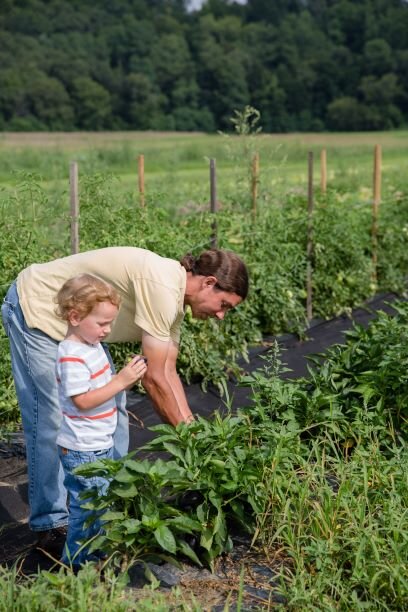Farm to table dining has become the hallmark of communities that support local agriculture, providing rich culinary experiences using fresh, more flavorful ingredients frequently grown in sustainable and ethical ways. "We are very excited to honor Machina Arts Kitchen & ArtBar with our first Monadnock Local Food STAR Restaurant designation," says Roe-Ann Tasoulas, MFCC director. "Machina Arts Kitchen & ArtBar's commitment to local farms and great food is evident to anyone who has the pleasure to dine in this cool, innovative restaurant."
Machina Arts was founded in 2013 by Danya Landis and Rebecca Hamilton to address the need for an art-based cultural experience. "Over the years, Machina has transformed from a homegrown arts collective into a business offering a full-service Farm to Table Restaurant and Artbar," according to co-founder, Danya Landis. "We pay attention to each ingredient that goes into our food and drinks, providing customers with the highest quality and best-tasting food while supporting our local farmers." Chef Jordan Scott continues, "purchasing locally and ethically is a commitment to our local community and economy and we have built that commitment into our business from day one."
A Monadnock Local Food STAR Restaurant sources from at least 4 Monadnock Region farms in one year. Selected restaurants receive a free toolkit of materials—window decals, logos for menus, and for use on social media platforms, as well as other items—designating their business as a STAR Restaurant. Additionally, they will enjoy a feature story in the Monadnock Table Magazine and will be listed as a STAR Restaurant on MFCC's website.
"We hope that this program will incentivize restaurants to purchase from farmers and local food producers throughout the region, increasing the economic impact in our local community," says Laura Carbonneau, Food Connects Marketing & Outreach Manager. Food Connects works with restaurants throughout the region to help them purchase source-identified local food.
Machina Kitchen & ArtBar is located on 9 Court Street in Keene, NH. Reservations can be made at 603-903-0011. Hours: Tuesday - Saturday, 4:00 PM - 11:00 PM.
To apply to become a Monadnock Local Food STAR Restaurant, contact coordinator@mfccoalition.org.
###
Machina Kitchen & ArtBar's mission is to cultivate art and vibrancy through food, gallery installations, design, and experiential events, with a focus on breaking boundaries, exceptional quality, service, ethical sourcing, and community building.
The Monadnock Farm and Community Coalition is a coalition of 140 member organizations that come together regularly to build a sustainable local food system by cultivating community action and building collaboration to implement effective programs, projects, and policies.
Food Connects is an entrepreneurial nonprofit that delivers locally produced food through its Food Hub, and offers farm to school educational and consulting services.
The Monadnock Food Coop is cooperatively owned and operated by people in our community, and exists to meet our community’s need for:
An accessible, community-owned downtown food market
A marketplace that welcomes and connects community
A healthy, sustainable food system
The support of local farmers and producers
Appropriate education and training for the community
A strong, sustainable and improving local economy








